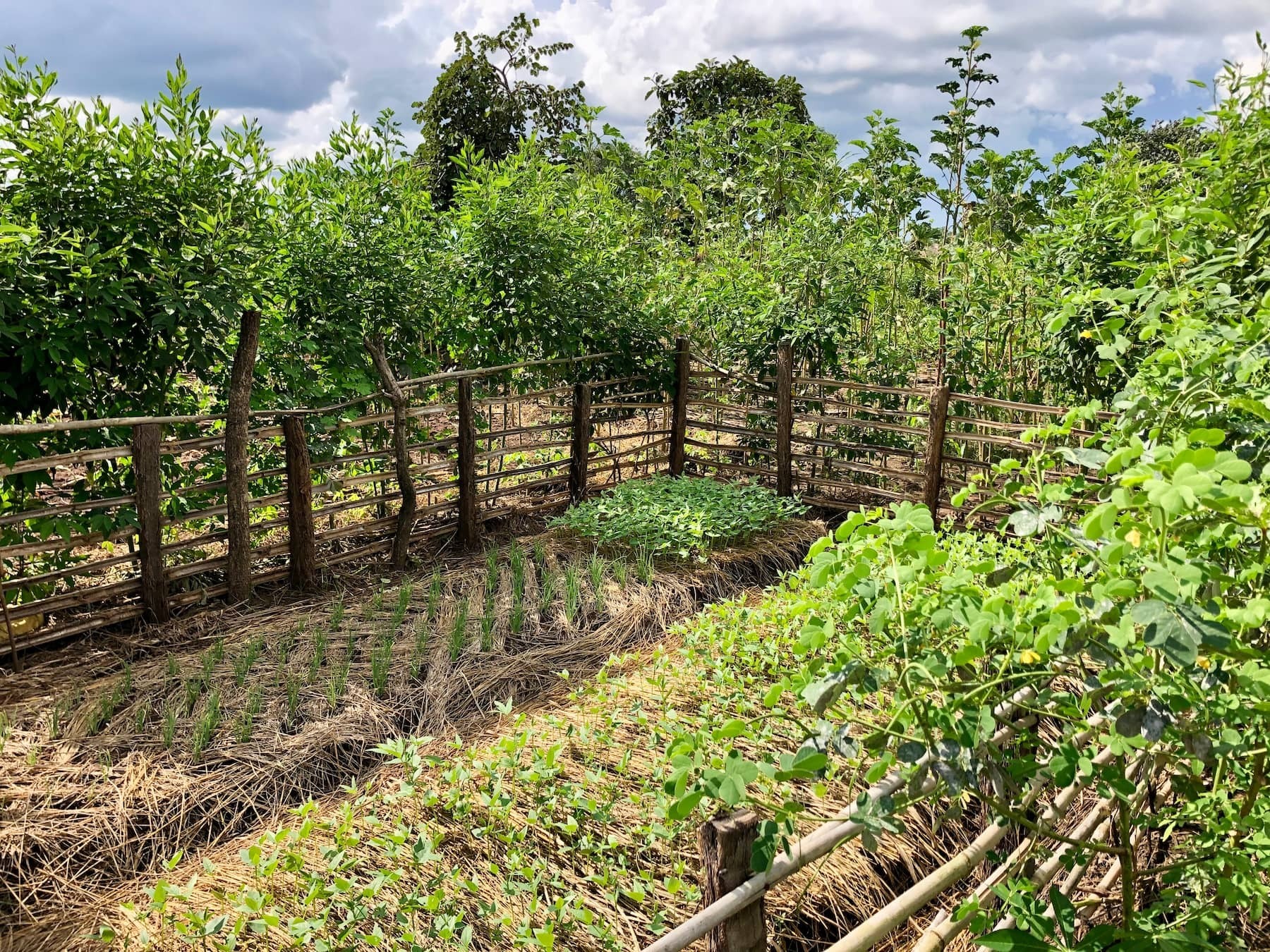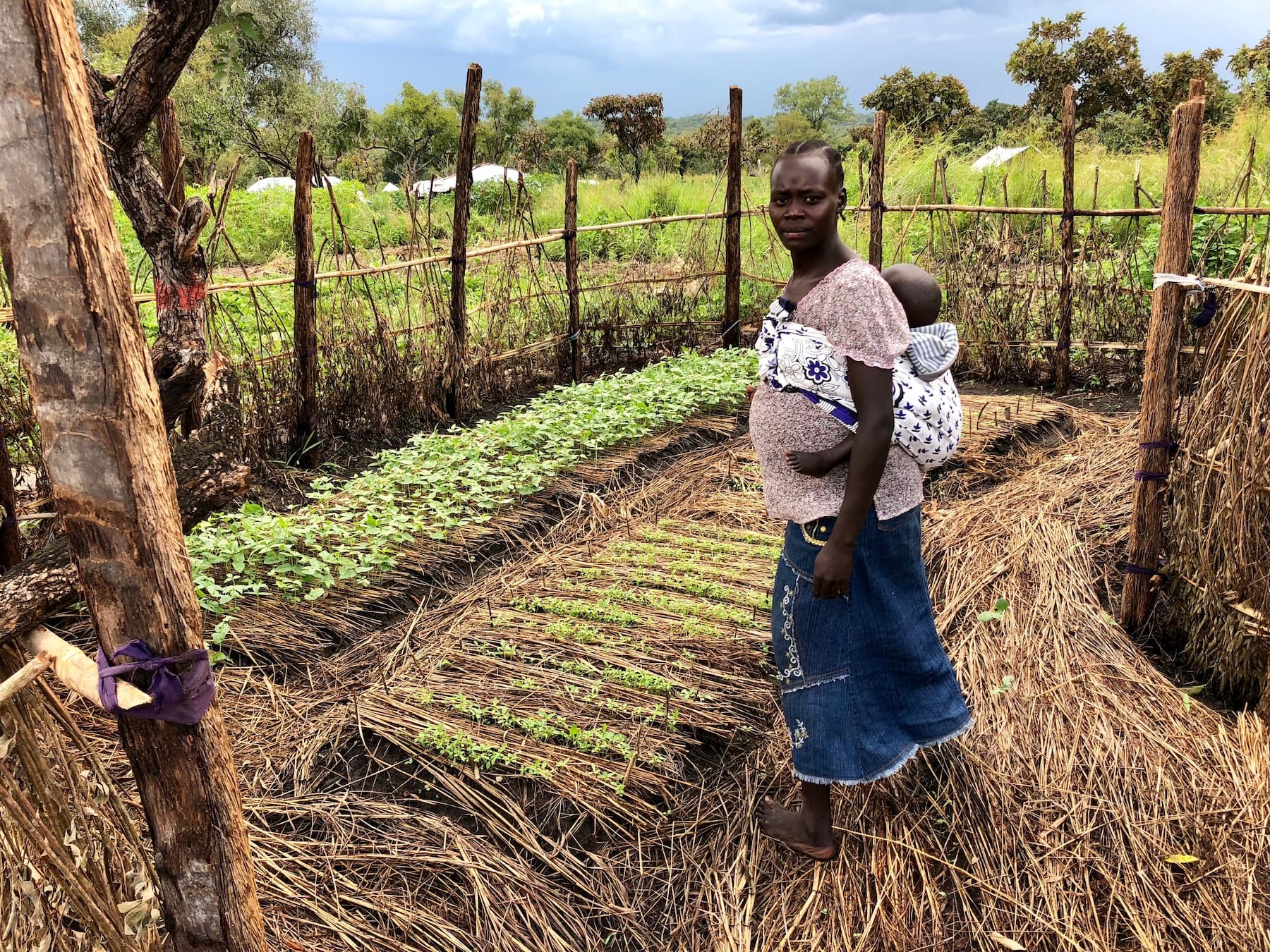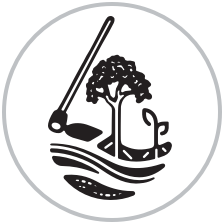News & Features | July 30, 2025
Build Resilient, Biodiverse Gardens with the Permagarden Foundations Course

A biodiverse permagarden in Northern Uganda. Credit: Thomas Cole
Around the world, families face challenges in producing enough food and nutrients. Soil degradation, erratic rainfall, and limited access to inputs—often made worse by climate shocks and conflict—leave many households with poor yields and persistent food insecurity. Home gardens are frequently promoted as part of the solution, but without the right ecological design and practices, they often fail to full their potential in the long term.
The Permagarden Foundations Course offers a practical and accessible introduction to the Resilience Design Approach at the garden level. You’ll learn how to work with your environment–not against it–to grow more food, build soil health, and better manage water throughout the year.
Through nine self-guided sessions, participants will gain a strong foundation in key agroecological principles and practices related to enhancing soil health, improving water management, and increasing biodiversity. The course offers supplemental materials, including ‘how to’ documents and videos, as well as homework to support users’ further learning. Users are encouraged to use the supplemental materials to support the successful implementation of a permagarden.

The course is especially valuable for development and humanitarian practitioners across agriculture, nutrition, WASH, health, protection, infrastructure, and natural resource management (NRM) sectors who are supporting farmers to achieve food security, nutrition and market-related goals.
Visit Mercy Corps’ site to start learning today!

Acknowledgements: This course was developed under the Mercy Corps-led, USAID/Bureau for Humanitarian Assistance (BHA)-funded Strengthening Capacity in Agriculture, Livelihoods & Environment (SCALE) Award.
Many people contributed to the development of this course, including Ali Blumenstock, Warren Brush, Thomas Cole, Elin Duby, Kristin Lambert, Abby Love, Jennifer Mayer, Andrea Mottram, William Otoke, Lauren Pincus, and Jonas Rwanika. The course was designed and built by HUB Collective.
